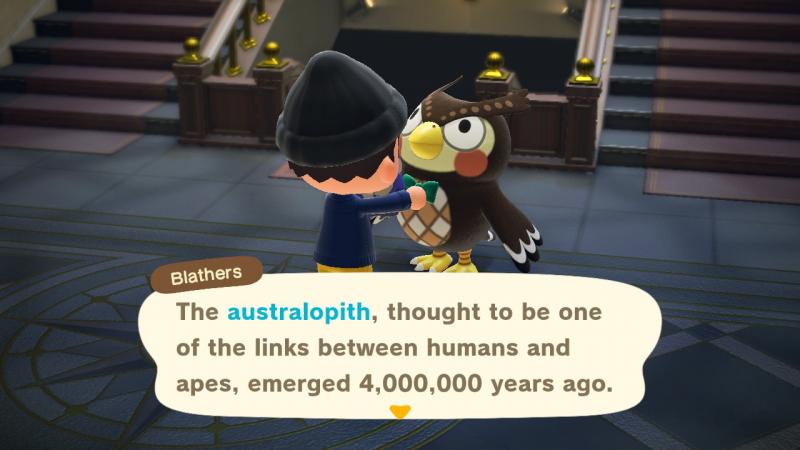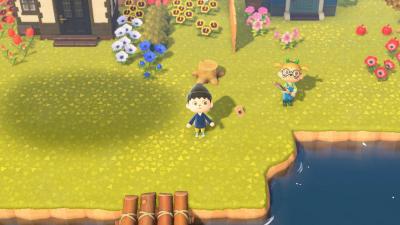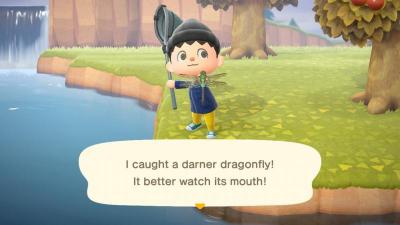Mattapoisett kids learn about nature via video game
MATTAPOISETT — Racoons building a village on an island, collecting bugs to donate to a museum run by an owl, and using the sales of turnips as a stock market sounds like a nonsensical video game idea.
But at a virtual children’s event from the Mattapoisett Library on Oct. 24, kids learned about what they can find right outside their doorsteps using the popular game “Animal Crossing: New Horizons.”
“It’s a way of experiencing through gaming how our world is shaped very uniquely,” said Amanda Morin-Boyanowski, Master Programmer at Mastermind Adventures who led the learning session.
The goal of the game is to build a functioning community on an island. From planting fruit trees to building shops and houses with materials found in the natural landscape, it takes community planning and makes it fun. It’s like the Sims, but it’s cuter, much simpler, and actually educational.
Along the way, players are encouraged to catch real-life fish and bugs, as well as dig up fossils to contribute to their museum. Their museum is operated by no other than Blathers, an owl who loves to give true facts about found species and has a penchant for afternoon naps.
Morin said that she’s often called Blathers at home because “I often like to share animal facts for no good reason.”
Players can plant trees and flowers on their island, and they can also cross-pollinate species, just like in real life.
Each player has their own island, and with it comes flowers that are native and can’t be found elsewhere.
And like players who amass a personal collection of found species, Morin used her own real-life collection to teach kids about nature.
Morin held up a horseshoe crab shell to the excitement of the kids watching. While they can be found in the game only in August past 9 p.m., she explained that these animals are extremely important these days.
Horseshoe crab blood has special properties that clump to bacteria and help scientists find samples. Because it clumps to bacteria, it’s often used for vaccine trials. With covid, Morin said it’s being harvested “now more than ever.”
Another sea creature found in the game are zebra turkey fish.
In real life, Morin said they’re actually lionfish, and they’re “awful” in New England.
Originally a saltwater fish, she said they’ve adapted to live in freshwater and are extremely invasive. Now, she said people even have festivals to see who can catch and eat the most lionfish because they’re so prevalent.
And while players can build sprawling museums full of species in the game, Morin encouraged kids to start their own personal collection of plants and bugs at home, too.















